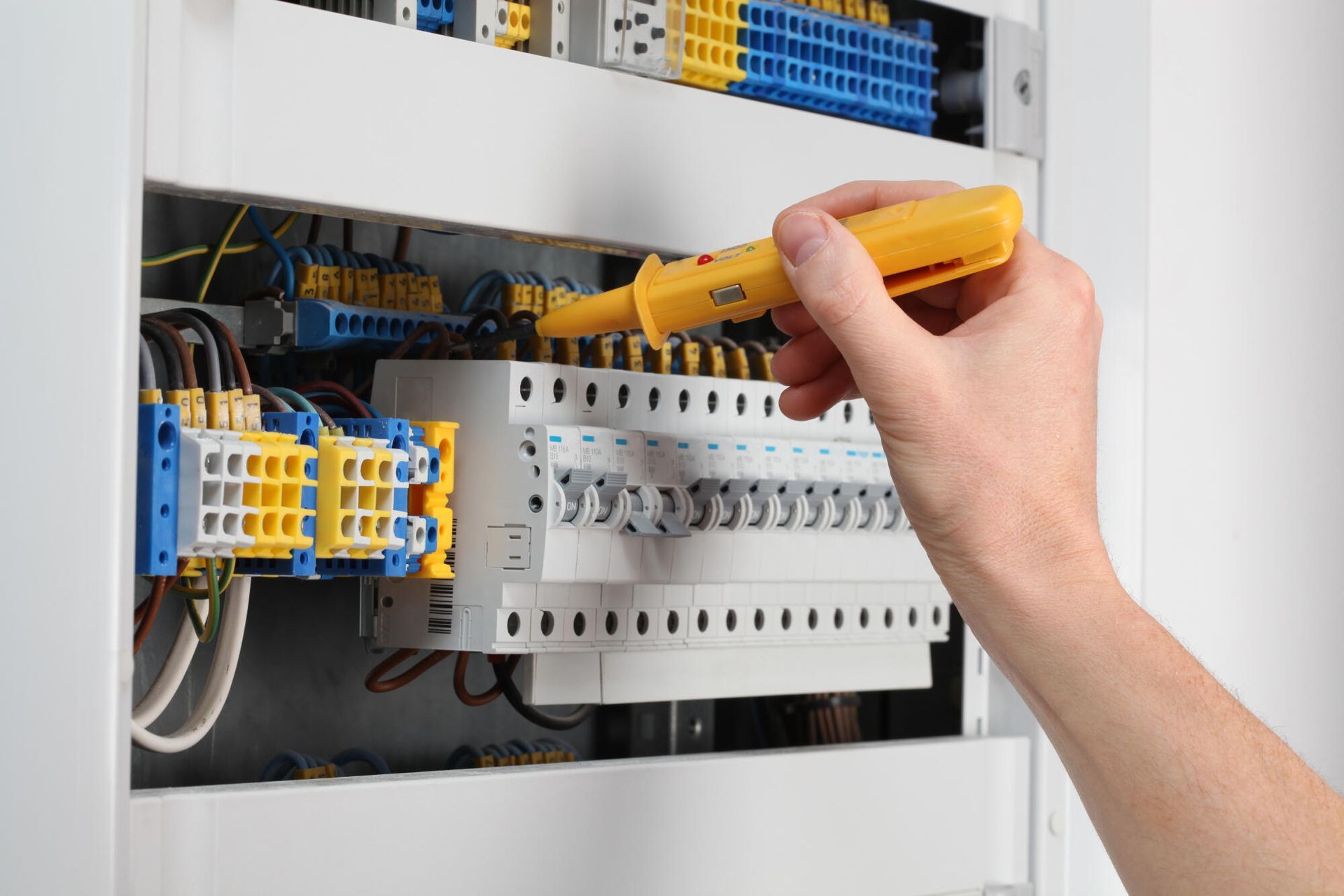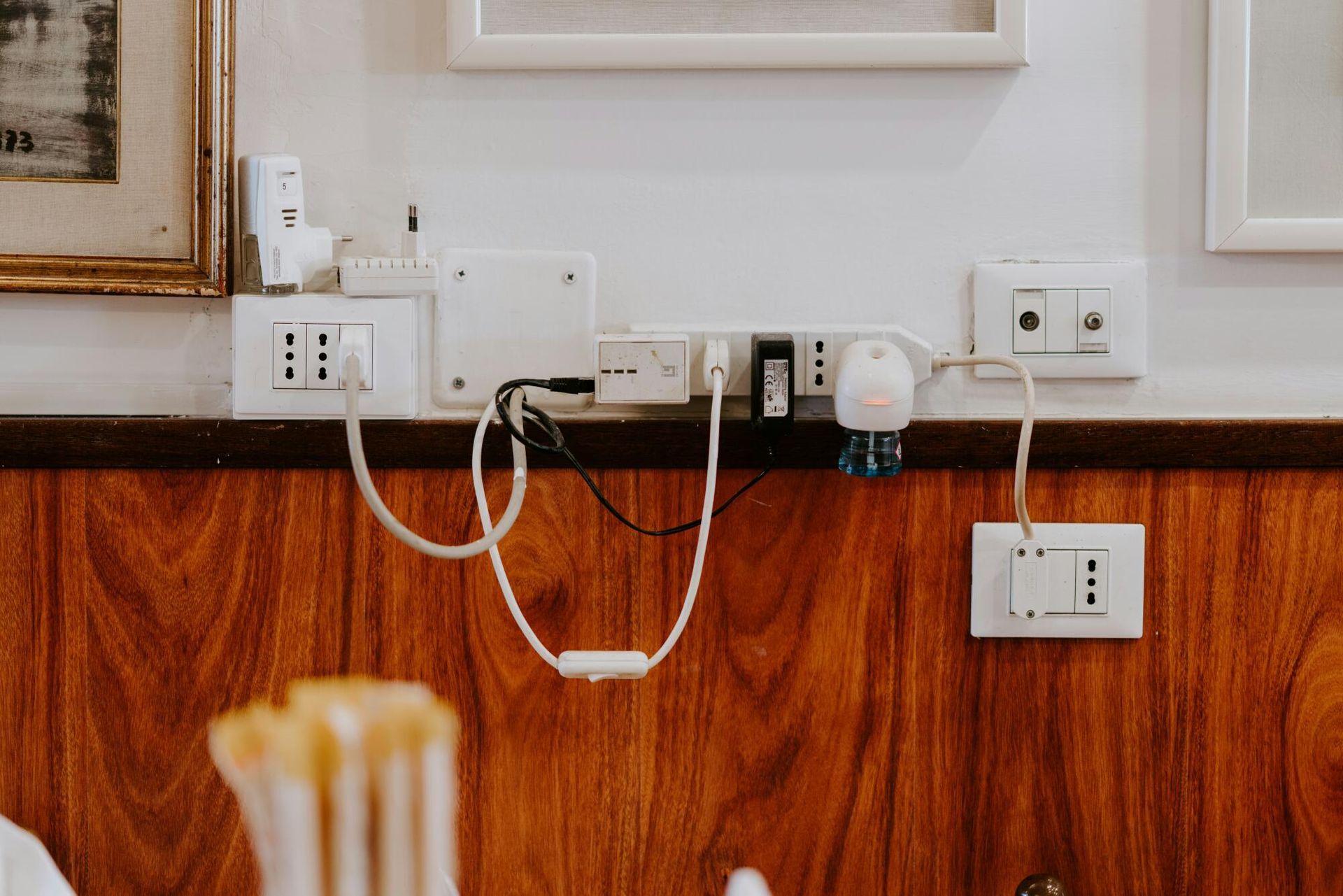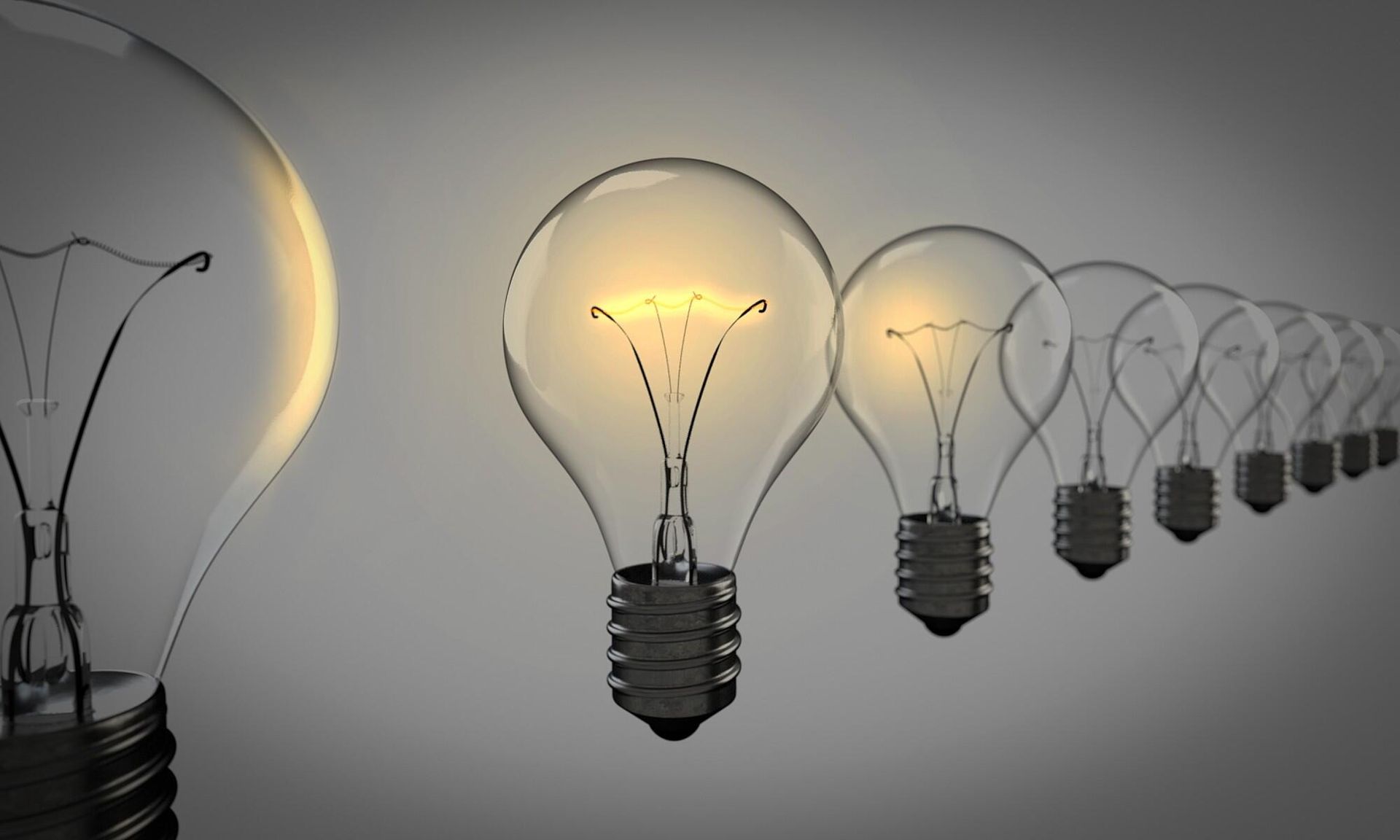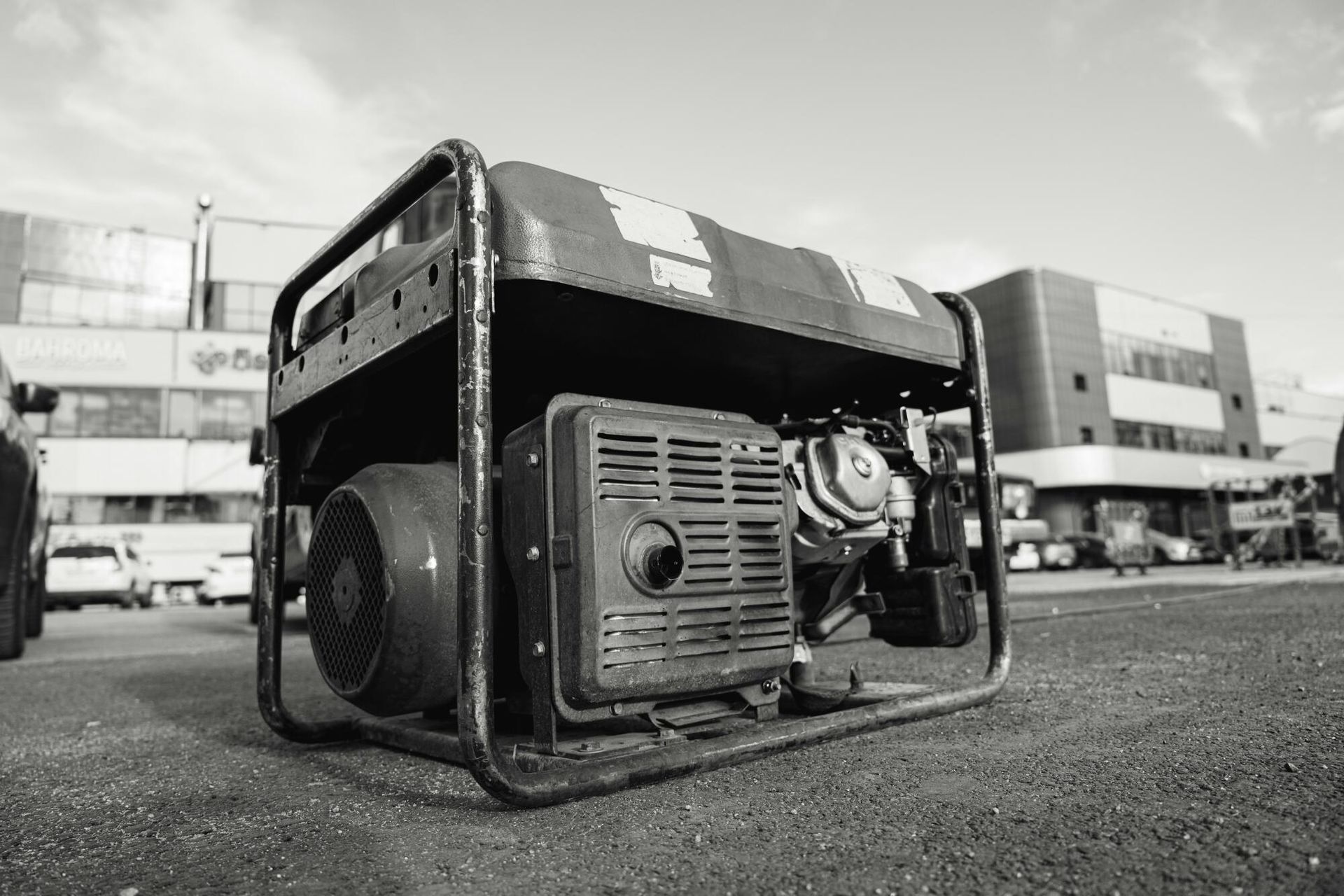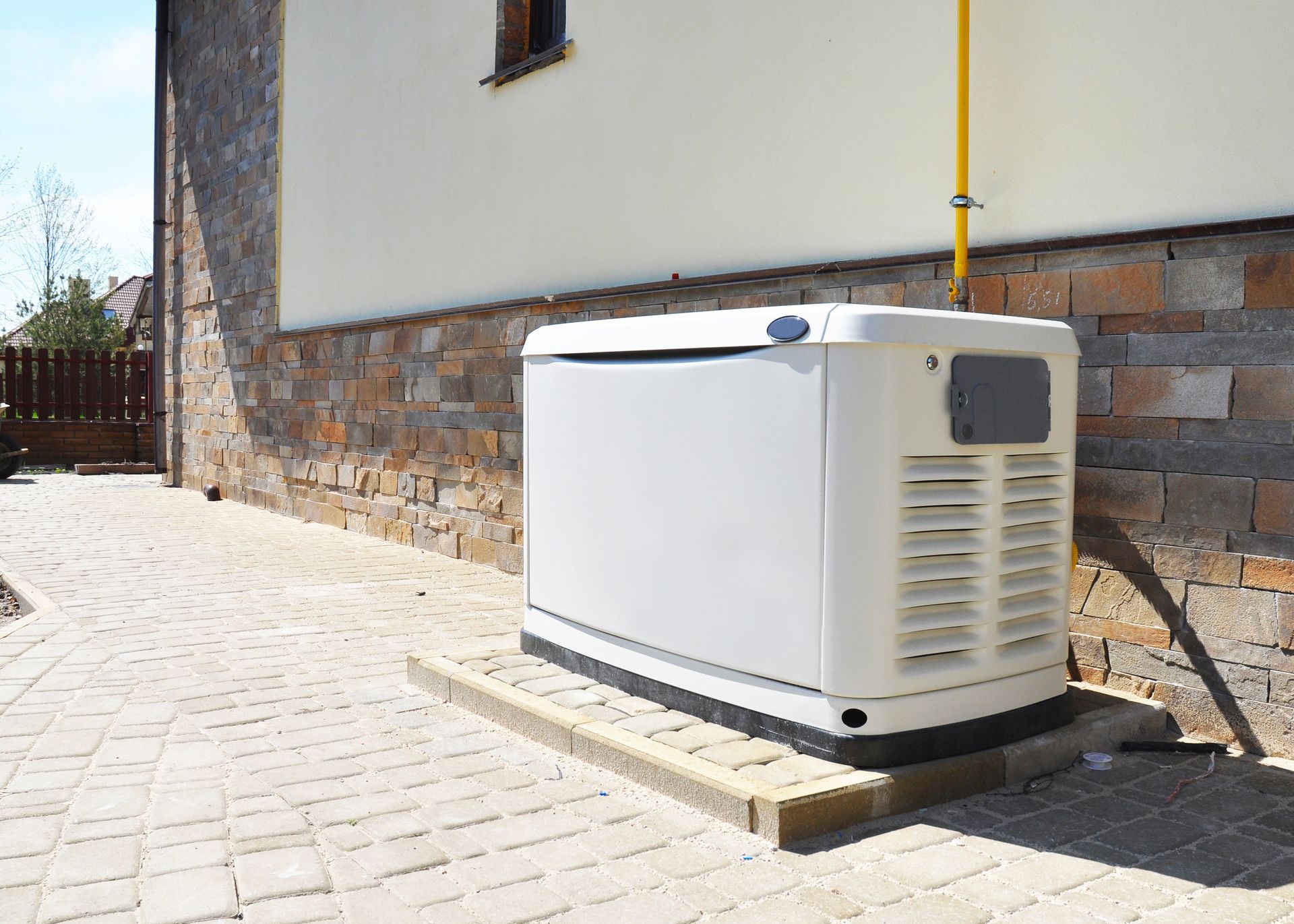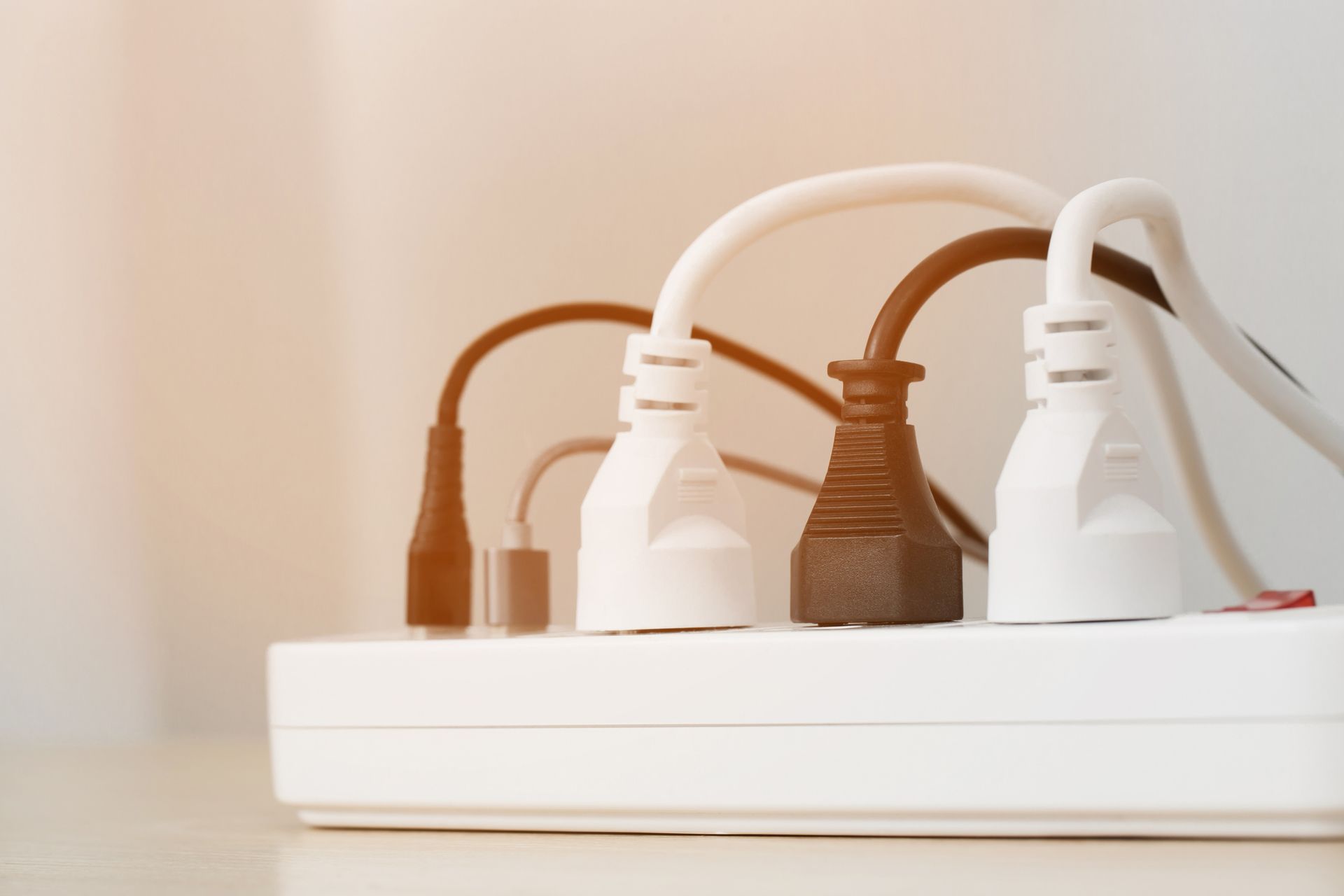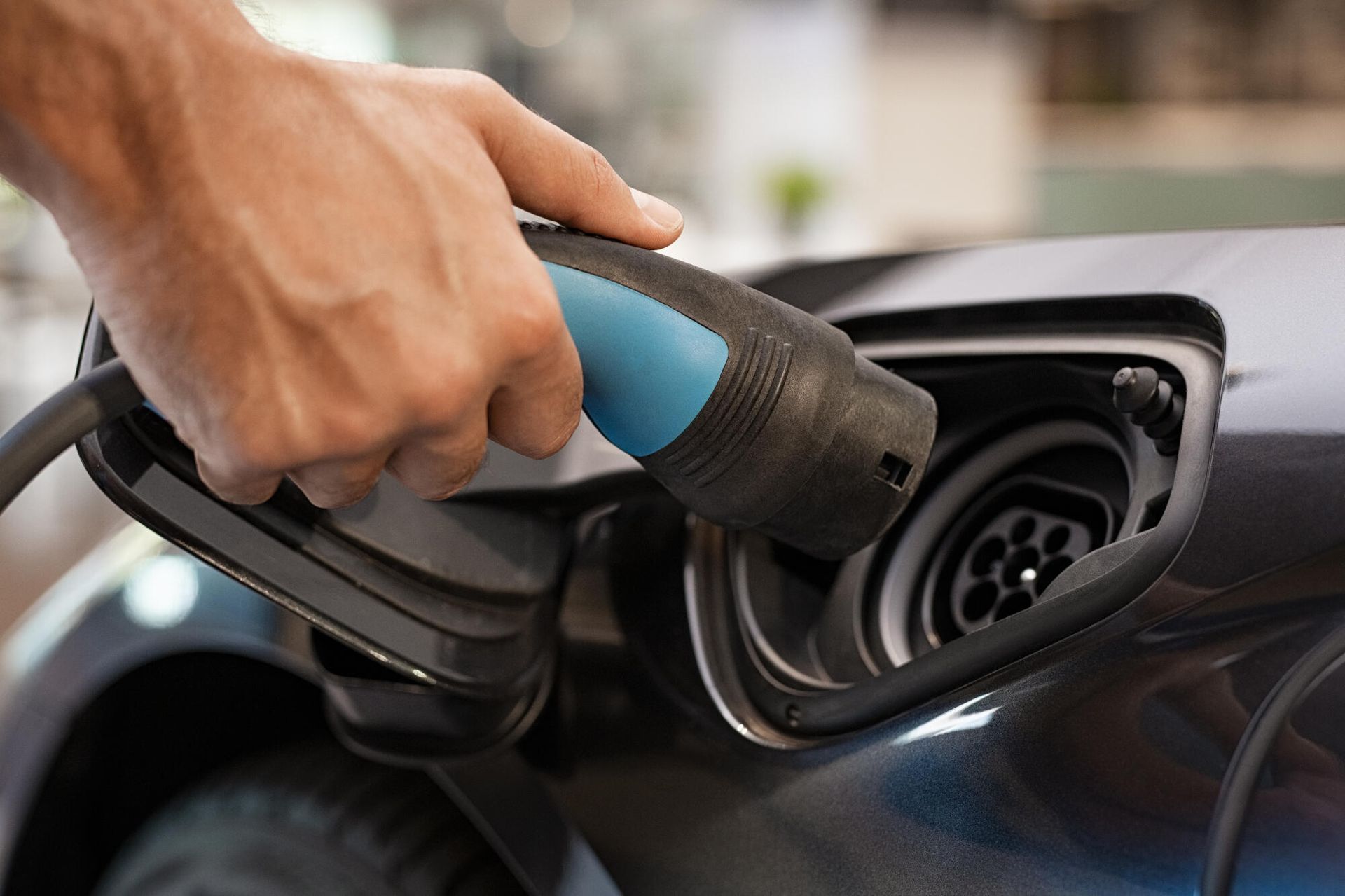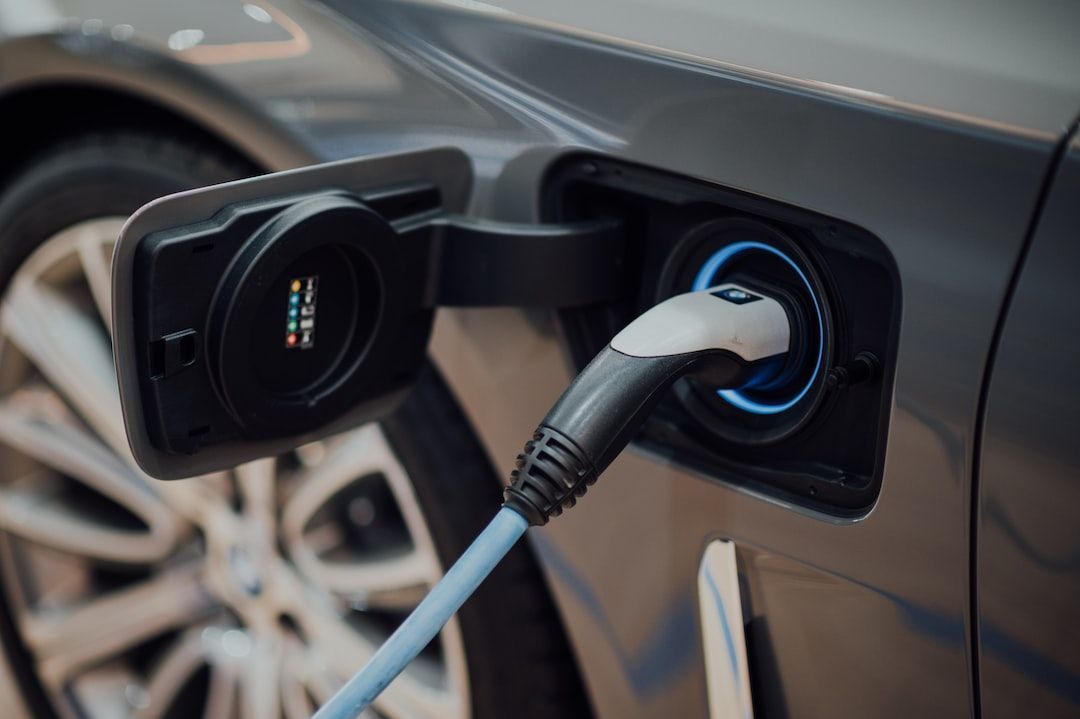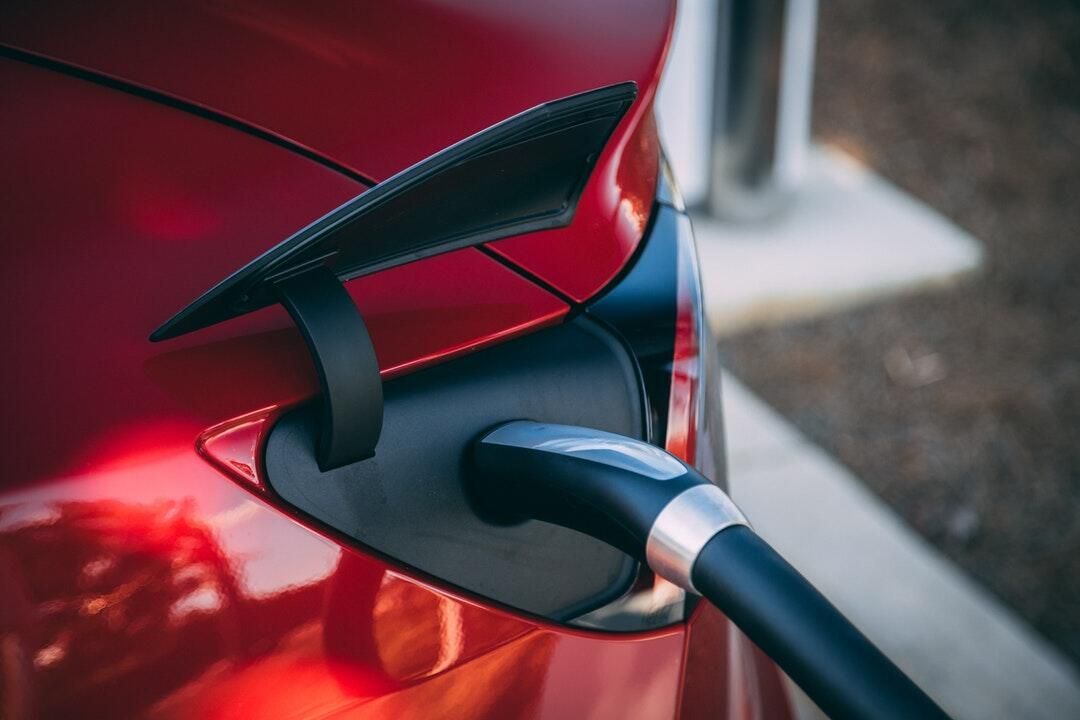What to Keep in Mind When Shopping for Generators in Northern VA
Shopping for generators in Northern VA? Here are some things for you to keep in mind as you shop, so you buy the right generator for you.
Often we take the power for granted until it goes out. Then when darkness hits and the hum of appliances cease, panic sets in.
How long will this last? When will the power come back on? Will everything in my freezer melt?
One certain item in your home can help keep panic at bay. Generators in northern VA simply make sense. When you own a generator, you can continue with life as normal, even when the power company isn't providing you with electricity.
Keep reading to learn the essentials regarding generators in northern VA.
Selecting Generators in Northern VA
Do not just purchase the first generator that you find. Rather, look for electric generators that work best for your particular needs. A qualified electrician who specialized in generator installation for the home will know best what type of generator you will need.
In the meantime, use these qualifications to know if you've found the right northern Virginia generator for your needs.
What Are Your Appliance Needs?
Make a list of the appliances that you absolutely need should you lose power. Do you just need your fridge and stove to run? Or do you have home medical equipment that requires constant power?
If all the power went out, what would you need to survive or function.
If you own a business, what tools and appliances do you need to keep running? Do you need your radio to keep functioning?
Also, consider what you need to power if you take the generator on a campaign or fishing trip. Think about the outdoor cooking or heating appliances you would plugin.
Make a full list of your electrical needs.
What Are Your Power Needs?
Figure out how much power each of your essential appliances requires. Make sure you can start your appliances with a given generator and not just run them. Starting wattage is different than running wattage, so make sure your generator can handle the starting wattage.
You can find your appliances' start-up wattage need in the owner's manuals. If you've lost the owner's manual, then use a wattage calculator to estimate your power needs.
Once you've added up the running wattage for the items you need to power, add in the starting wattage. This total number is what you will need to start and run your appliances should you lose power.
Run-Time Matters
As you look at the different generators, look for one with at least 10 hours of run time. This will allow you to get a full night's sleep while your generator runs.
Also, count the number of outlets you will need. Your generator will have multiple outlets, so make sure the one you purchase has enough for your needs. Also, make sure the generator has the right kind of outlets.
Safety Tips
Before you plug your appliances into a generator, read the owner's manual and instructions for the generator from cover to cover. Generators create power, and that means they're a powerful and potentially dangerous tool. Make sure you're operating your generator safely.
Create Proper Ventilation
Exhaust from a fuel-powered generator has carbon monoxide in it. You will not be able to smell this gas, but it can kill you. In fact, when Hurricane Laura hit the Lake Charles, LA area, the majority of deaths came from improper usage of generators and not from the hurricane itself.
Thus, you should never run a generator indoors or in a partly enclosed area.
While you may store your electric generator inside, always run it outside in an area with adequate ventilation. Install a carbon monoxide detector in your home as well.
Fuel Safety
Remember that the fuel that powers your generator is extremely flammable. So use caution around the machine.
Also, do not overfill the fuel tank. Instead, leave room for fuel explanation. Do not fill the tank while the unit is either hot or running. Allow your generator to cool completely before you add fuel.
Put your generator in a place far from anywhere that may spark a flame. This means you need to keep it away from open flames and pilot lights. Also, do not smoke near the fuel or your generator.
Your generator will be hot when it is running, so be careful to not touch any of the parts until you've given it sufficient time to cool down.
Electricity Safety
Do not attempt to connect your generator to your household wiring. The generator can back-feed into your power lines and ultimately cause harm to utility workers or your neighbors.
Also, do not add electrical loads until you have started the generator. Also, unplug your appliances from the generator before you stop it.
When the generator is running, you may be tempted to plug in more than you should. Remember, you can overload the generator and cause damage to the generator as well as your appliances. So use the generator only as much as you need to.
Ground the generator before you use it as well to avoid all kinds of safety hazards.
Generator Placement
Contact a professional if you need generator installation for a home. You can have a portable generator or a more permanent generator that your contractor wires into your home. Do not attempt to wire the generator on your own.
You want to put your generator in a purposeful place with at least five feet of clearance on all sides of it. Keep it on a level surface, protected from excessive dirt, moisture, dust, and corrosive vapors.
When you're done with the generator, inspect it carefully. If you notice a problem, contact an authorized technician who can repair it.
Keep the Lights On in Northern VA
Are you looking for a quality generator? If so, contact us. We have been providing our customers with generators in northern VA for over 20 years.
Not only do we sell turn-key generators, but we install generators and service existing generators. Our licensed and insured contractors can provide you with a free estimate today. Give us a call and don't get stuck in the dark.
